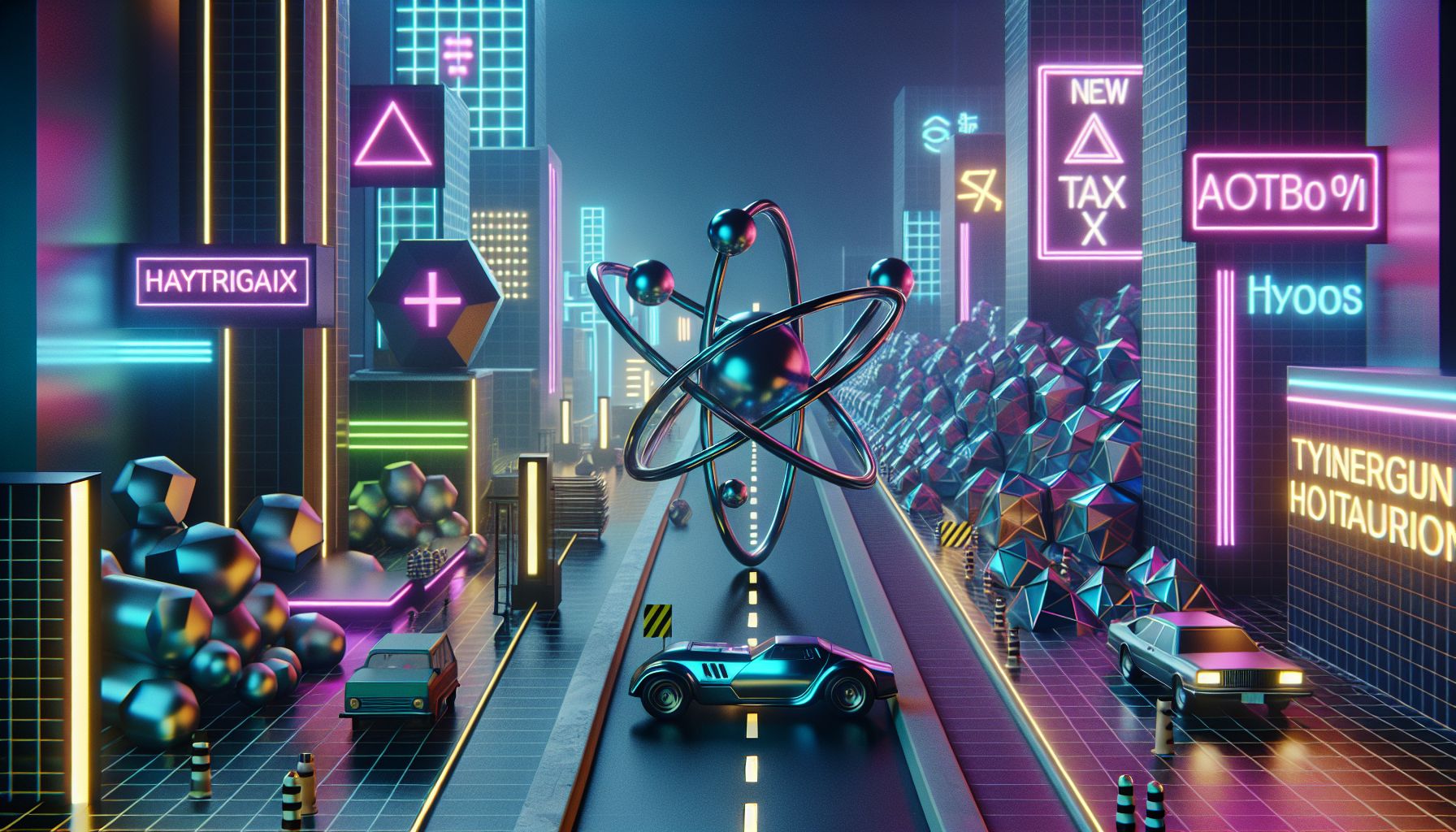New Tax Laws Could Challenge the Hydrogen Industry's Growth

London, Tuesday, 15 July 2025.
With tax incentives for renewables ending, hydrogen faces pricier energy production. Stakeholders must navigate these changes to ensure the industry’s competitive future. It’s a big shift with huge implications.
Impact on Power Prices
The expiration of federal tax incentives has sparked concerns about rising power prices, particularly in Republican-led states without robust renewable energy policies. Analysts predict that electricity bills could increase significantly, with states like Oklahoma seeing jumps as high as 350% over the next decade [1]. Without these incentives, the cost of building new wind and solar projects is expected to rise, shifting energy reliance towards more expensive gas generation [1].
Challenges for the Hydrogen Industry
As clean energy becomes pricier, the hydrogen industry faces the challenge of maintaining affordability for its production processes. Hydrogen is largely dependent on low-cost renewable energy sources for its environmental benefits. High production costs have already been a barrier for hydrogen, with grey hydrogen still dominating supply chains due to its lower cost [2]. This challenge is compounded by the new federal law, which could stifle further investment in renewables that underpin hydrogen’s green credentials [1][2].
Governmental and Market Responses
Stakeholders in the hydrogen industry are now urging the government to reconsider or gradually phase out these changes to avoid market chaos. Companies are uncertain if investors will pause their projects amid the absence of clear guidance on new energy standards [1]. In parallel, regions with strong renewable energy policies continue to benefit, as seen in countries like China, where government strategy aligns industrial ecosystems to foster renewable energy growth [3].
Future Considerations
Looking ahead, the hydrogen industry must navigate these legislative changes carefully to ensure its growth. This involves exploring cost reductions in production and advocating for supportive policies. Emphasising integrated systems could help align hydrogen production with green credentials. While more expensive policies loom, the industry must adapt by finding smarter ways to use existing technology, and engage in partnerships that could facilitate cost-effective production [2][3].